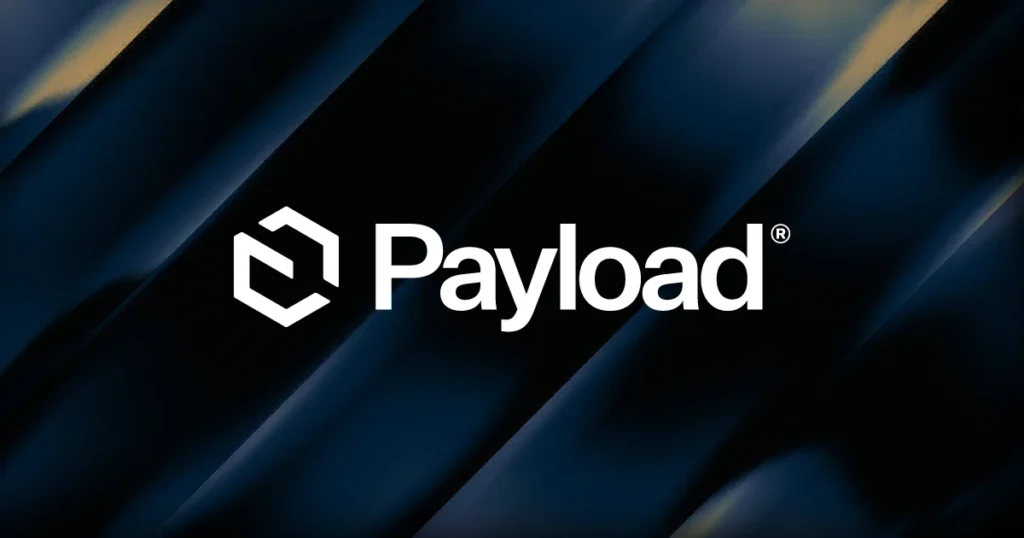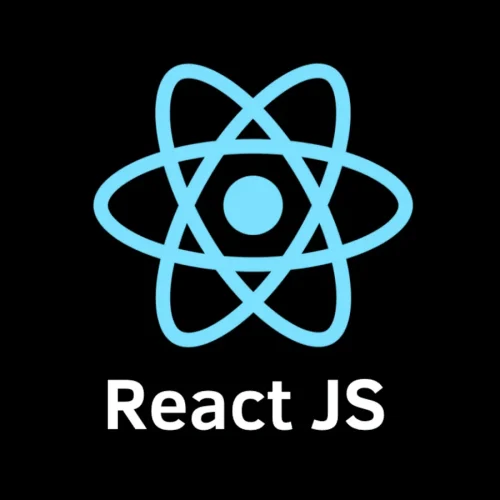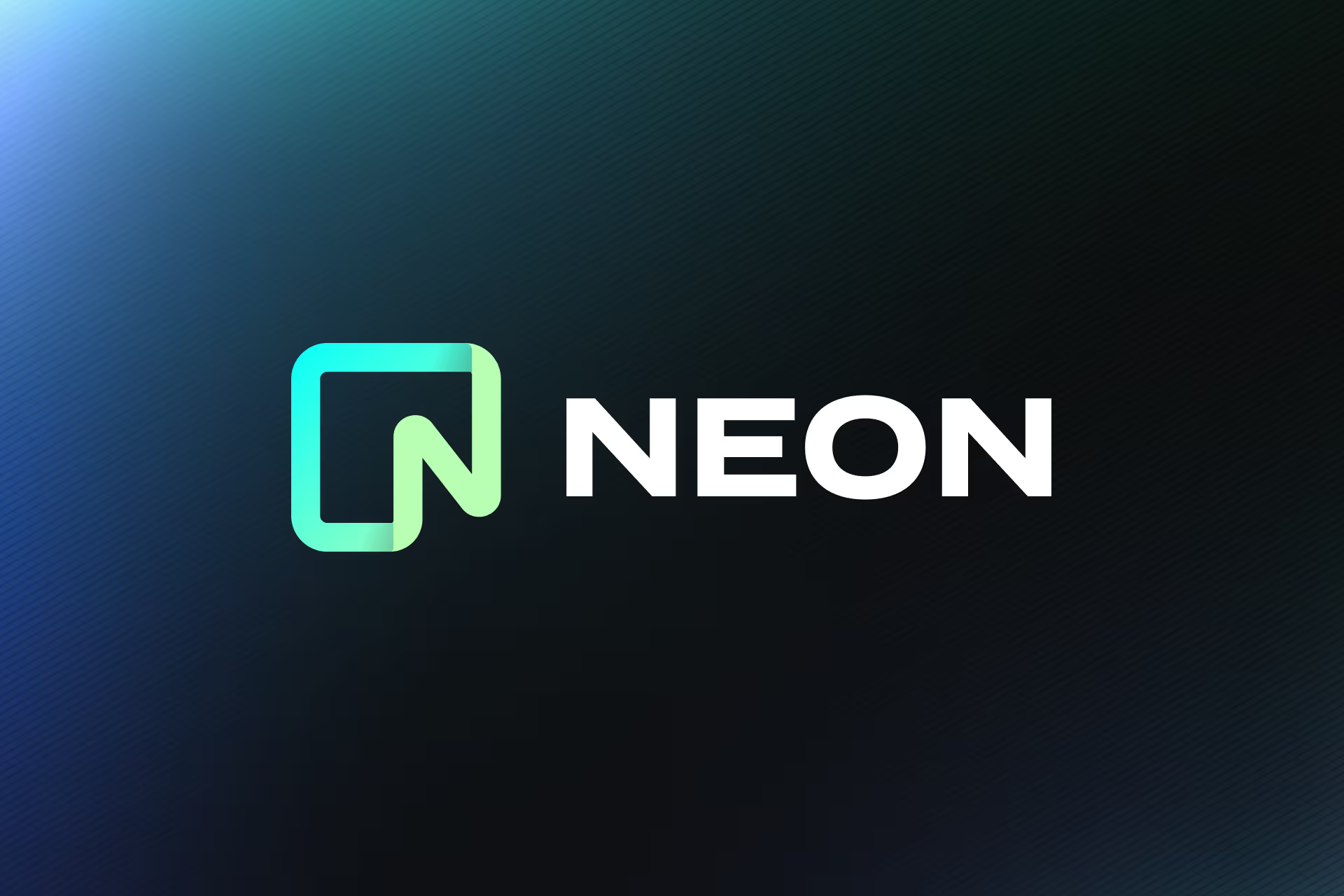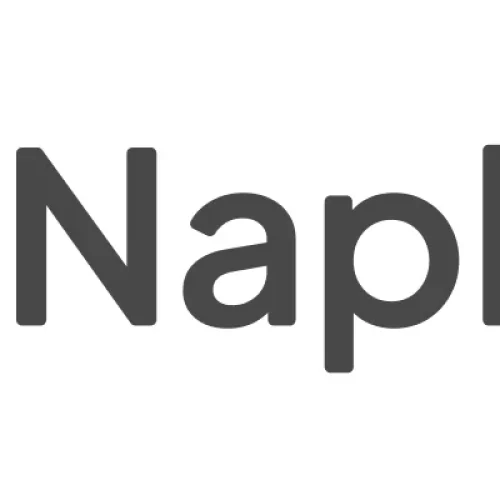
Introduction
Defining Content Management Systems (CMS)
Content Management Systems (CMS) have become the backbone of digital content creation, management, and distribution. These systems allow businesses, organizations, and individuals to manage content in a streamlined and structured manner without the need for extensive coding knowledge. From text and images to video and multimedia, CMS platforms have evolved to provide efficient solutions to an ever-growing digital ecosystem.
The Role of CMS in Modern Digital Ecosystems
In today’s digital-first world, content is king. The role of a CMS is pivotal in ensuring that businesses maintain an organized, responsive, and scalable content management structure. This is where Payload CMS steps in, offering an innovative approach to traditional content management that is optimized for modern web applications.
Understanding Payload CMS
Overview of Payload CMS
Payload CMS is a headless Content Management System (CMS) designed with flexibility and scalability in mind. Unlike traditional CMS platforms, Payload is not coupled with a frontend, allowing developers to use any technology stack they choose. This decoupling of the backend and frontend enables more dynamic, customized, and scalable content management solutions.
Key Features and Functionalities of Payload CMS
Payload CMS offers a suite of powerful features, including robust content modeling, easy API integrations, and custom admin panel interfaces. It is designed to handle complex data relationships, enabling seamless management of structured and unstructured content. The admin interface is user-friendly, yet highly customizable to cater to a variety of business needs.
Why Payload CMS Stands Out
Headless Architecture: A Game Changer
Payload CMS operates on a headless architecture, meaning it serves as a content repository that can be accessed through APIs rather than relying on a frontend interface. This separation of the backend and frontend offers greater flexibility, allowing developers to create content-driven applications that can be displayed across various platforms and devices. This adaptability is what makes Payload CMS an appealing choice for modern web development.
API-First Design Philosophy
The API-first approach of Payload CMS ensures that developers have access to a set of powerful tools for content manipulation, integration, and customization. APIs are at the core of Payload’s architecture, enabling smoother communication between different platforms, systems, and third-party services. The result is an efficient content delivery system capable of supporting dynamic applications.
The Evolution of CMS
From Traditional CMS to Headless CMS
Traditional CMS platforms, such as WordPress or Joomla, come bundled with a frontend interface that ties content management directly to presentation. This “coupled” approach has limitations when it comes to flexibility and scalability. As businesses started demanding multi-channel content delivery (from websites to mobile apps to IoT devices), the need for headless CMS solutions became apparent. Headless CMS platforms, like Payload CMS, have revolutionized the way content is managed, providing more freedom to developers while catering to diverse end-user experiences.
The Rise of Decoupled Systems and Their Benefits
Decoupled CMS systems, such as Payload, allow for the separation of the content layer from the presentation layer. This decoupling offers several advantages, including easier content distribution, greater security, and the ability to leverage modern frontend frameworks like React and Vue.js. These benefits have led to a surge in the adoption of headless CMS platforms across a wide range of industries.
Core Components of Payload CMS
Content Types and Customization
Payload CMS allows developers to define custom content types based on the specific needs of their application. These content types can include complex data structures, relationships, and dynamic fields, offering unparalleled customization options. Whether managing blog posts, product listings, or user-generated content, Payload ensures that each piece of content is organized efficiently.
Admin Panel and User Experience
Payload CMS provides a highly customizable admin panel designed with a focus on user experience. This intuitive interface allows users to manage content with ease, offering rich text editors, file upload capabilities, and a flexible content structure. The customizability of the admin panel ensures that businesses can tailor the CMS interface to their unique requirements.
Advantages of Payload CMS
Flexibility and Scalability
One of the main advantages of Payload CMS is its inherent flexibility. Developers can create custom workflows, define complex content relationships, and integrate with virtually any external system. Additionally, Payload CMS is designed for scalability, ensuring that it can handle increasing amounts of data and traffic as businesses grow.
Seamless Integration Capabilities
Integration is a key feature of Payload CMS. It provides easy ways to connect with third-party services, such as payment gateways, marketing tools, or external databases. The system’s API-first design makes these integrations seamless, ensuring that businesses can maintain a streamlined content workflow across multiple platforms.
Payload CMS and Development Efficiency
Streamlining Development with Payload CMS
Developers appreciate Payload CMS for its ability to streamline development processes. The headless nature of the system allows for faster prototyping and iteration, reducing development time. Additionally, the system’s flexible architecture enables the use of modern technologies, allowing developers to work with the tools they are most comfortable with.
Enhancing Developer Experience through Payload CMS
The flexibility of Payload CMS is matched by its developer-friendly features. The system’s comprehensive documentation, easy-to-use API, and open-source nature ensure that developers can quickly get up to speed and build customized solutions. The clean and well-structured codebase of Payload CMS also contributes to a positive development experience.
Payload CMS in the Context of Digital Transformation
Adapting to the Ever-Evolving Digital Landscape
As digital transformation continues to shape industries, businesses must adapt to rapidly changing technologies. Payload CMS plays a pivotal role in this transformation by offering a solution that aligns with modern development practices. Its headless architecture makes it easier for businesses to scale and innovate in a fast-paced digital environment.
Role of Payload CMS in Modernizing Legacy Systems
Legacy systems, often built on traditional CMS platforms, can be difficult to update or scale. Payload CMS allows businesses to modernize these systems without the need for a complete overhaul. By decoupling the content management process from the frontend, companies can integrate Payload CMS into their existing infrastructure, improving both performance and flexibility.
Payload CMS vs. Traditional CMS
How Payload CMS Overcomes the Limitations of Traditional Models
Traditional CMS platforms are often rigid and tightly coupled to the frontend, limiting flexibility and scalability. In contrast, Payload CMS offers a decoupled architecture, allowing for a greater range of customization and content delivery options. This decoupling ensures that businesses are not tied to specific technologies or frontend limitations, providing more freedom in content management.
Key Differences between Headless and Traditional CMS
Headless CMS platforms, like Payload, offer a more modern approach to content management by separating the content layer from the presentation layer. Traditional CMS platforms, on the other hand, combine these elements, which can lead to inefficiencies when managing content across multiple platforms. Headless CMS systems provide greater flexibility, scalability, and the ability to deliver content to a variety of devices and platforms.
Security Features of Payload CMS
Enhanced Security Protocols for Robust Content Management
Security is a critical concern in content management, particularly with the increasing risk of cyber threats. Payload CMS incorporates advanced security protocols, such as user authentication, role-based access control, and data encryption, to ensure the safety of sensitive content. These features protect both administrators and end-users from potential security breaches.
Ensuring Data Integrity with Payload CMS
Payload CMS also ensures data integrity by employing a robust content versioning system. This allows users to track changes, revert to previous versions of content, and maintain a history of edits. Such features are crucial in maintaining the accuracy and consistency of content over time.
Customizability and Flexibility in Payload CMS
Tailoring the CMS to Unique Business Needs
Payload CMS allows businesses to create a tailored content management solution that meets their unique requirements. Developers can create custom fields, workflows, and content types to align the CMS with the specific needs of the business. This customization ensures that the system works in harmony with the organization’s goals and processes.
Creating Custom Content Structures and Workflows
The flexibility of Payload CMS extends to the creation of custom content structures and workflows. Whether managing blog posts, e-commerce products, or user-generated content, developers can define how content is structured, edited, and approved. This ensures that content management aligns with the organization’s operational processes.
Integration Capabilities of Payload CMS
Integrating with Third-Party Tools and APIs
Payload CMS excels at integrating with a wide range of third-party tools and APIs. This capability ensures that businesses can extend the functionality of their content management system and connect with services such as payment gateways, marketing automation platforms, and analytics tools.
Connecting Payload CMS with External Data Sources
In addition to integrating with third-party services, Payload CMS can connect with external data sources, such as CRMs, databases, and analytics platforms. This ability to synchronize with external systems allows businesses to create more dynamic and data-driven applications.
Challenges and Considerations with Payload CMS
Common Pitfalls in Implementing Payload CMS
While Payload CMS offers a range of benefits, its implementation can come with challenges. These include the need for developers with experience in headless CMS architecture and potential compatibility issues with existing systems. Businesses should carefully plan their adoption strategy to ensure a smooth implementation.
Addressing Potential Barriers to Adoption
Some businesses may face resistance when adopting Payload CMS due to the learning curve associated with headless systems or the initial complexity of setup. Overcoming these barriers requires proper training, thorough planning, and clear communication about the long-term benefits of Payload CMS.
The Future of Payload CMS
Innovations and Upcoming Features in Payload CMS
Payload CMS continues to evolve with the addition of new features and improvements. Innovations in API capabilities, content modeling, and user interface design are expected to further enhance the platform’s usability and flexibility. As technology progresses, Payload CMS will likely integrate more advanced features, such as AI-driven content management and enhanced automation tools.
Predictions for the Role of Headless CMS in the Future of Content Management
Headless CMS platforms like Payload are poised to play an even greater role in the future of content management. As businesses increasingly demand flexibility, scalability, and multi-platform content delivery, headless CMS solutions will become the standard. The future of content management lies in systems that allow for seamless integration, customization, and innovation – and Payload CMS is at the forefront of this transformation.
Conclusion
Summarizing the Benefits and Future Potential of Payload CMS
Payload CMS is a powerful, flexible, and scalable content management solution that is revolutionizing the way businesses manage and deliver content. With its headless architecture, API-first design, and robust customization options, it is well-equipped to meet the needs of modern digital ecosystems.
Final Thoughts on Adopting Payload CMS for Future-Proof Content Management
As content management continues to evolve, Payload CMS offers a forward-thinking solution that aligns with the demands of the digital age. Businesses looking to stay ahead of the curve should consider adopting Payload CMS to ensure their content management systems remain flexible, scalable, and ready for the future.



